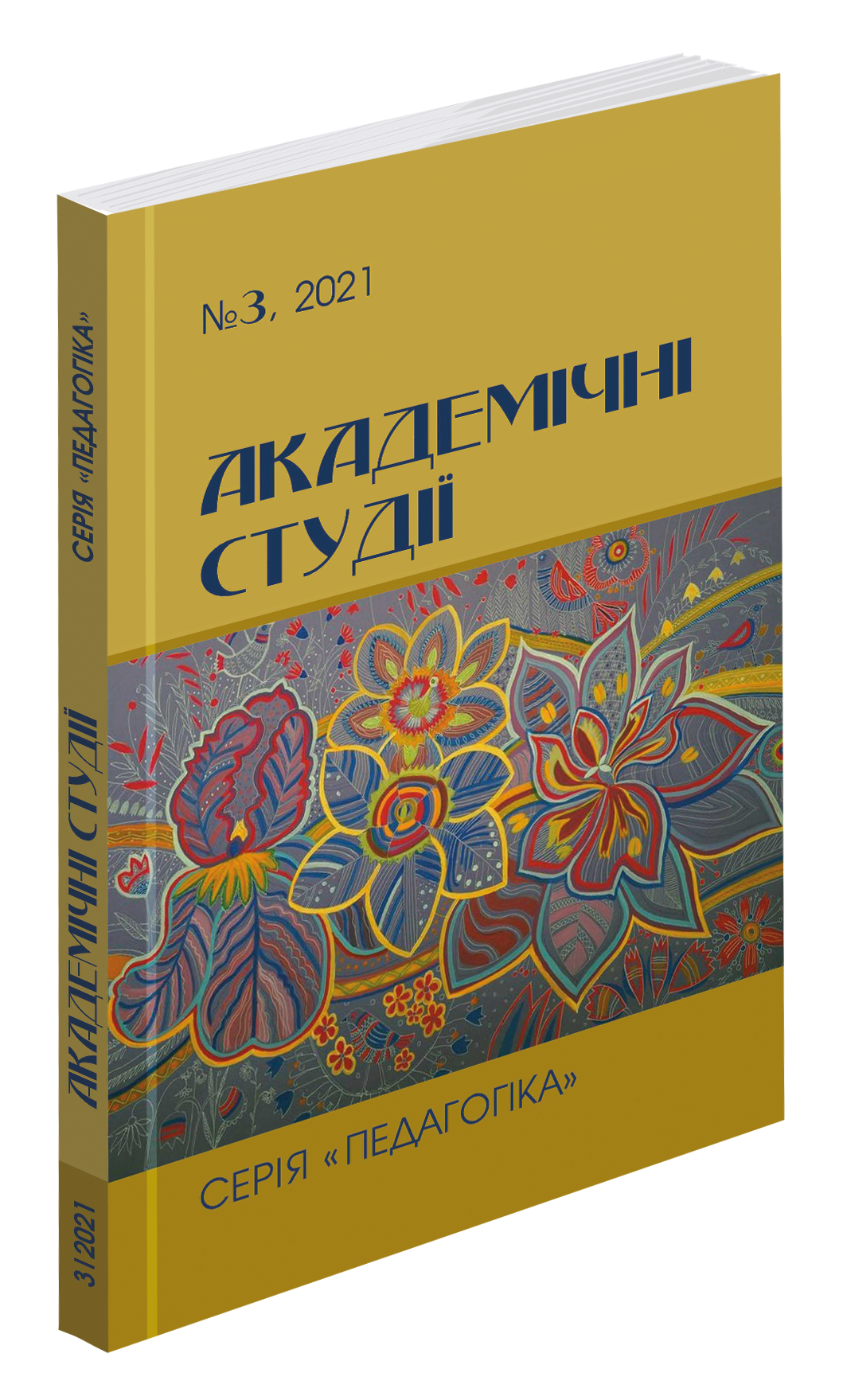Abstract
The article reveals the features of training future specialists in the field of tourism employing remote learning. It was established that remote learning is one of the most critical areas of the Ukrainian education system renewal today. Proved the necessity of using remote learning in higher education institutions (HEI) in current conditions. Established that remote learning is a promising form of training for future professionals in the field of tourism. It was determined that remote learning is a purposeful interaction process between teacher and student, which is carried out at a distance. Information and communication technologies (ICT) are the leading methods of remote learning. They form the professional knowledge, skills, and abilities of future tourism professionals. The most common means of distance learning were identified: electronic textbook; electronic directory; computer models, simulators, and constructors; electronic board; computer training programs; computer testing systems, etc. Highlighted the forms of classes organization, which are most often used in training future specialists in the field of tourism employing remote learning, in particular: chat classes, web classes, video conferences. The most popular distance learning systems used in HEI were identified. The remote learning platform Moodle was found the most successful among such. Characterized the main advantages and disadvantages of remote learning in training tourism professionals in current conditions. It was concluded that remote learning is not being implemented quickly enough in the educational process of the HEI today, in particular those who train specialists in the field of tourism. The main reasons for inhibition of this process were analyzed. It was established that the Ukrainian HEIs should learn and use the successful global experience of using remote learning, which has several advantages over traditional.
References
Вишнівський В. В. Організація дистанційного навчання. Створення електронних навчальних курсів та електронних тестів : навчальний посібник. Київ : ДУТ, 2014. 140 с.
Грищенко І. М. Освіта та професійна підготовка фахівців у світлі євроінтеграційних процесів. Актуальні проблеми економіки. 2010. № 7 (109). С. 56–61.
Долинський Є. В. Дистанційне навчання – одна з прогресивних форм підготовки фахівців. Теоретичні питання культури, освіти та виховання. Вип. 42. 2010. С. 202–207.
Коломієць А. М., Черній Г. В. Електронне навчання як засіб підвищення якості підготовки фахівців сфери туризму. Вісник Львівського державного університету безпеки життєдіяльності. 2013. № 8. С. 263–267.
Кононец Н. В. Дидактичні основи ресурсно-орієнтованого навчання дисциплін комп’ютерного циклу студентів аграрних коледжів : дис. ... докт. пед. наук : 13.00.09. Полтава, 2016. 473 с.
Корбут О. Г. Дистанційне навчання: моделі, технології, перспективи. Матеріали науково-практичної конференції «Новітні освітні технології» (КПІ, м. Київ). URL: http://confesp.fl.kpi.ua/node/1123.
Липчанський В. О., Шведчикова Т. В. Використання хмарних технологій та соціального сервісу Wiki у навчальному процесі. Наукові записки KНТУ. 2015. Вип.17. С. 123–130.
Про затвердження Положення про дистанційне навчання : Наказ МОН України від 25 квітня 2013 р. № 466. URL: https://zakon.rada.gov.ua/laws/show/z0703-13#Text.
Скібіцький О. М., Липчанський В. О. Дистанційна освіта фахівців туристичного і готельно-ресторанного бізнесу. Центральноукраїнський науковий вісник. Економічні науки. 2020. Вип. 5 (38). С. 246–256.
Чепелевська М. М. Використання засобів дистанційного навчання для підготовки фахівців. Молодий вчений. 2020. № 12 (88). С. 78–83.

